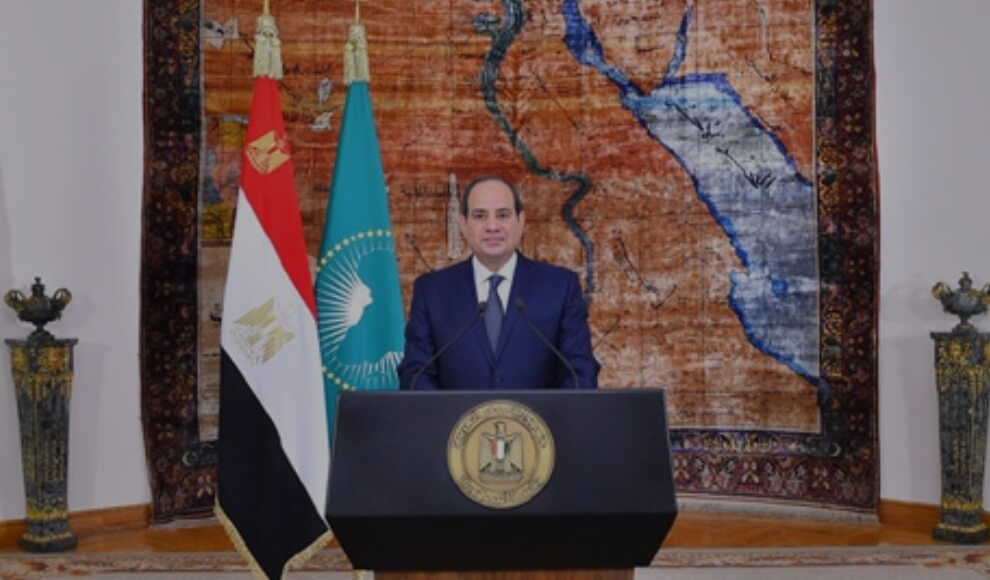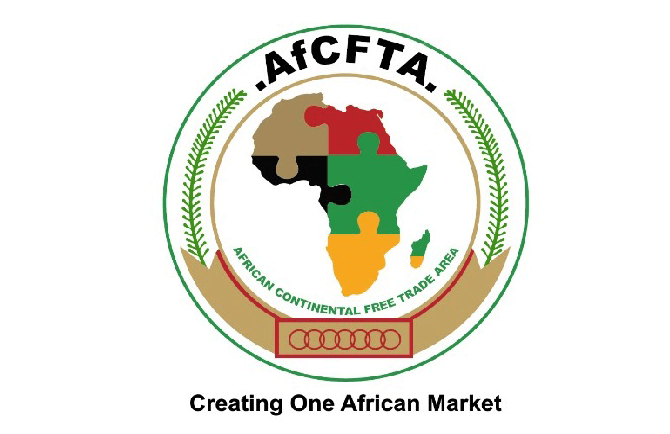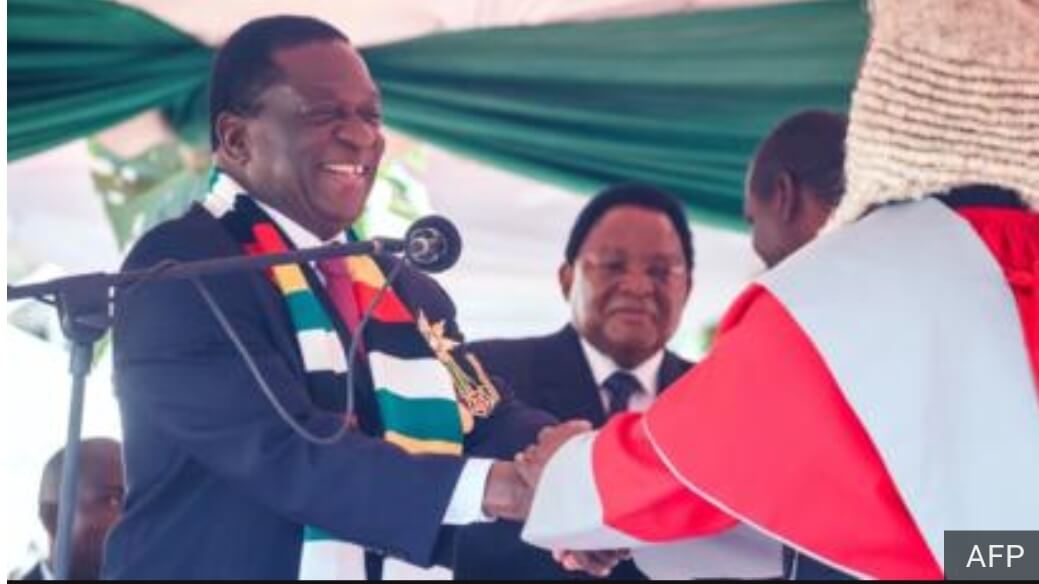How great was George Weah, Africa’s only Ballon d’Or winner?
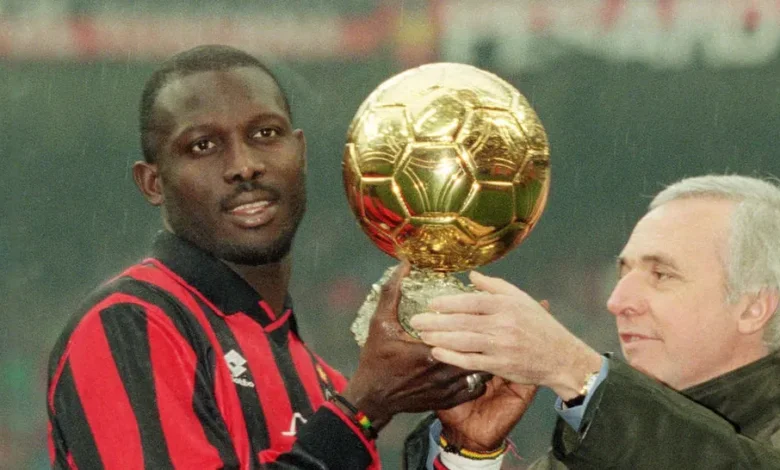
Looking down the list of Ballon d’Or winners since its 1956 inception, Argentina, France, Germany, the Netherlands, Portugal, Brazil, England, Spain, and the Soviet Union have dominated the awards.
When the Ballon d’Or has not gone to players from those countries, it has been almost exclusively scooped by a standout player from a European nation: Bulgaria, Croatia, Czechoslovakia, and the Czech Republic, Denmark, Hungary, Northern Ireland, Scotland, and Ukraine have all been represented.
That leaves just one winner in the history of the Ballon d’Or whose international allegiance was to a country outside Europe or South America: 1995 winner and proud Liberian George Weah. Raised in a slum in Liberia’s capital Monrovia, he starred at top-flight European football clubs Paris St-Germain (PSG) and AC Milan, before ending his career in England with brief stays at Chelsea and Manchester City.
He is the only African footballer to have won both FIFA World Player of the Year and the prestigious Ballon D’Or. Two out of many achievements over a prolific 18-year professional career that ended in 2003.
He entered politics after his retirement and served as a senator in Liberia’s parliament. George Weah was then elected as Liberia’s president in 2017. His victory over his opponent Joseph Boakai was announced by Liberia’s National Elections Commission with Weah winning 61.5% of the vote.
The Ballon d’Or never recognised non-European talent before George Weah
Weah’s win came in the very first year France Football extended the criteria to allow players born outside Europe to be eligible to win the award. Except 1965 winner Eusébio da Silva Ferreira, born in Mozambique when it was still a Portuguese colony, and who played his international football for Portugal.
That meant that Pele never won the award: in 1958, 1962 and 1970, when he inspired Brazil to the World Cup, the Ballon d’Or went to Raymond Kopa, Josef Masopust, and Gerd Muller, respectively. Nor did Diego Maradona, the 1986 Ballon d’Or was won by Igor Belanov.
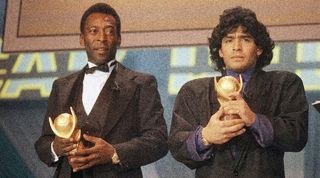
The side effect of that was that black players and players of African descent were historically hugely underrepresented in the Ballon d’Or honours list. Prior to Weah’s win, Eusebio and Ruud Gullit (1987) were the only two black players to raise the Ballon d’Or. Since then, Weah has been joined on the list of winners by Ronaldo, Zinedine Zidane, Rivaldo, Ronaldinho, and Karim Benzema.
How good was Weah the player?
For a few years in the 1990s, Weah was among the best strikers in world football. Capable of scoring all sorts of goals, his most famous moment came while playing for AC Milan in 1996 when he scored a solo effort against Verona which started in his own penalty area and saw him dribble past almost an entire team.
First brought to Europe by Arsene Wenger at Monaco in 1988, Weah scored 47 league goals for the club in four years before a move to Paris St-Germain. There he won the league title in 1994 and was the top scorer in the Champions League a year later – finishing ahead of Jari Litmanen, Romario and Hristo Stoichkov – before moving to Milan in 1995.
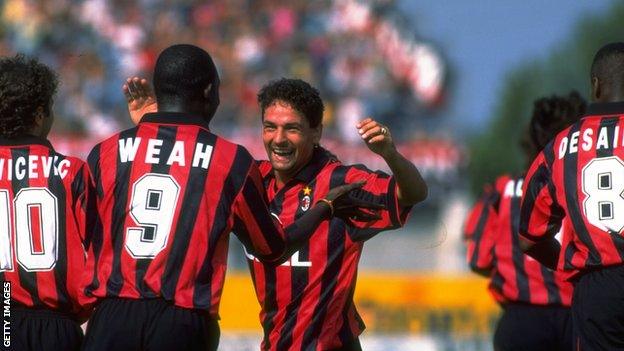
Playing alongside Roberto Baggio, Weah won Serie A in his first season with the club and won it again in 1999 but eventually fell out of favour and had short spells with both Chelsea and Manchester City in the Premier League.
But he scored just four goals in the English top flight though before returning to France — though he did add the FA Cup to his trophy collection with the Blues. The kinds of goals Weah scored drew attention to him the most, alongside his stellar record in the Champions League.
PSG were then far from the powerhouse they are now, but won every game in the group stage – including doing the double over Bayern Munich – and saw off Johan Cruyff’s Barcelona in the quarter-finals before falling to reigning champions AC Milan in the semi-finals.
Weah was crucial to that run, scoring in all but one of the group games – three of them winners, including a fabulous solo effort away to Bayern – and grabbing the equaliser in the first leg away to Barcelona that gave PSG genuine (and justified) hope of winning the tie back in Paris.
At international level, Weah was unable to help Liberia reach a World Cup, but he did play in two Cup of Nations, scoring against Mali in 2002.
What was it like to play with Weah?
No lesser an authority than Thierry Henry later cited Weah as being hugely influential on the way he saw the game, telling the Blizzard in 2014:
“[Ronaldo], together with Romario and George Weah, reinvented the centre-forward position. They were the first to drop from the box to pick up the ball in midfield, switch to the flanks, attract and disorientate the central defenders with their runs, their accelerations, their dribbling. Who’d done that before? Gerd Müller? Paolo Rossi? No. “George Weah was a big influence on me. I copied his game, maybe. But how many guys can claim they have reinvented a position? Not many.”
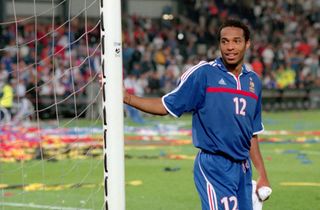
Former Netherlands defender Mario Melchiot, who played with Weah at Chelsea, told on BBC: “He was a great player, but also — what a person. After he came to Chelsea, he walked in the dressing room and asked me: Can I sit next to you? Can you imagine? I said: ‘Dude, you can sit wherever you want.’ We used to call him ‘Mr Weah’, because he was a top man. His personality and the game, together — that made him who he is today.”
Ex-Bermuda striker Shaun Goater was at Manchester City when Weah joined in 2000 said, “he came in and was just so humble. This was one of the world’s best players — we were just thinking: ‘My…’ When he was leaving, I was out doing extra training and I said: ‘George, have you got any spare boots?’ You just wanted to have something of his. But in the dressing room everything was cleaned out. They took the lot!”
Weah’s Ballon d’Or win was a landmark in the history not just of the individual award but in the culture of football itself.
Source: BBC, Fourfourtwo
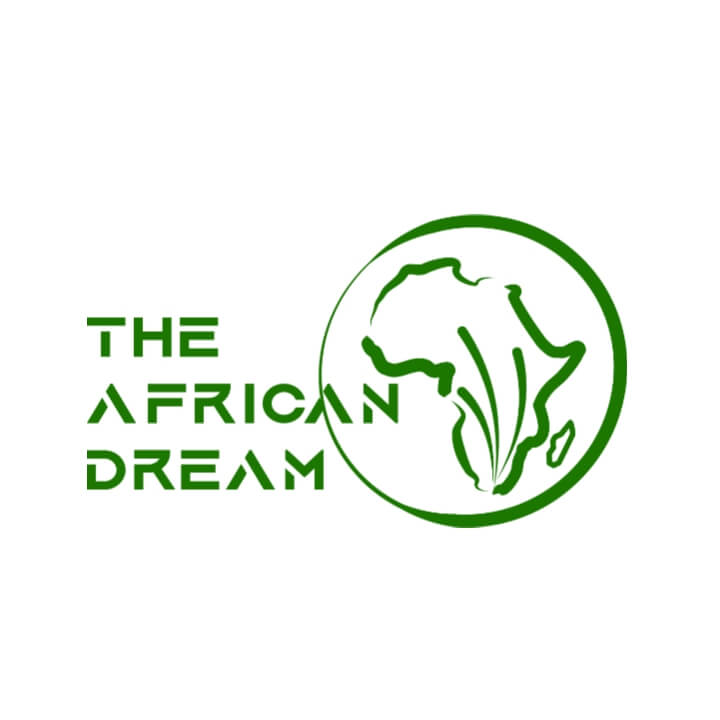
This article is published by either a staff writer, an intern, or an editor of TheAfricanDream.net, based on editorial discretion.


